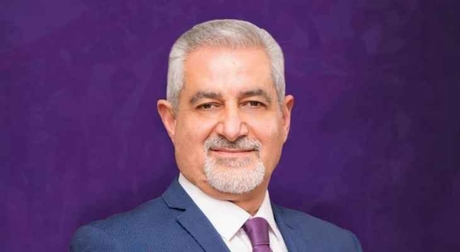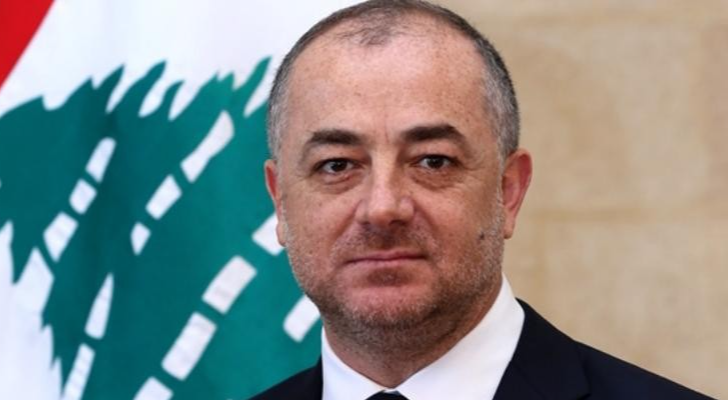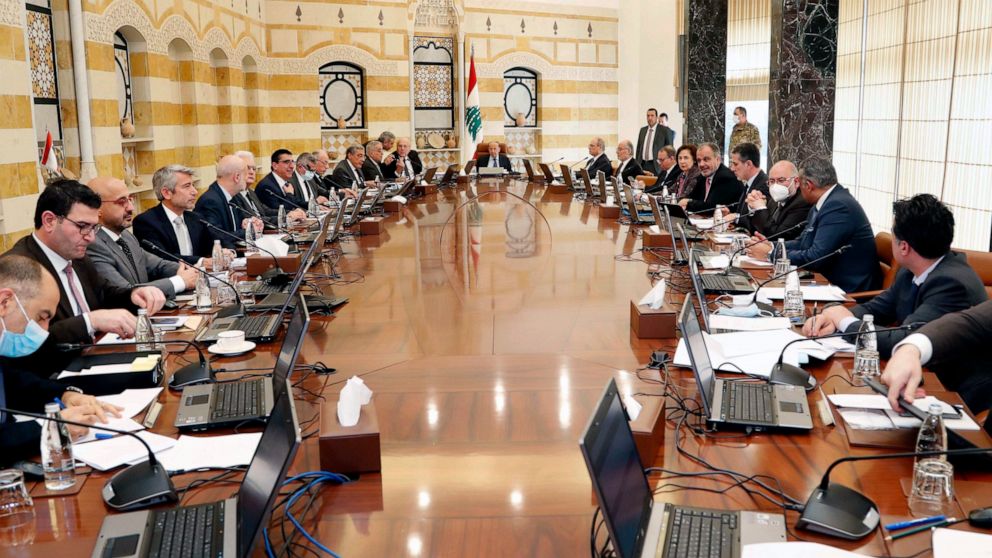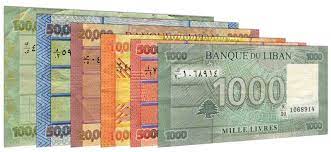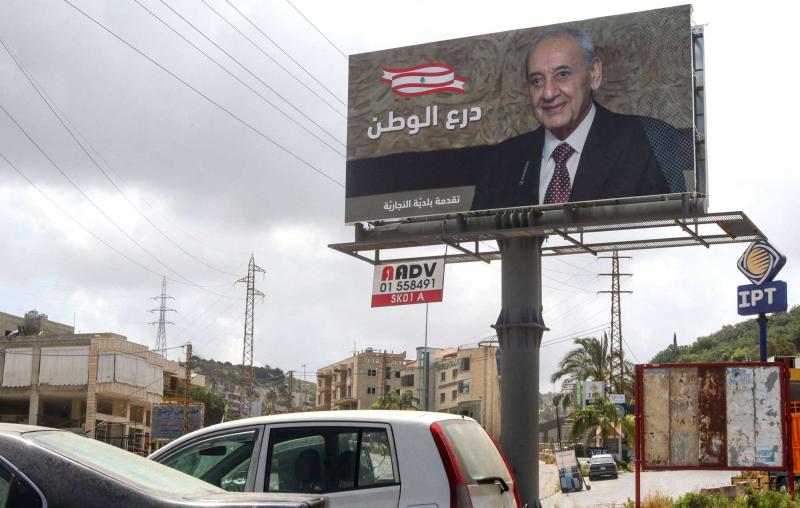
By Sunniva Rose — The National.ae. — Lebanon’s 128 MPs are scheduled to attend the first Parliament session since their May 15 election on Tuesday. For the first time in years, the streets surrounding Parliament will be, at least in part, cleared of large cement blocks that were erected during nationwide protests in 2019. Legislators will be asked to elect a president, a deputy president, two secretaries and three commissioners. Veteran Parliament Speaker, Nabih Berri, 84, is widely expected to be re-elected for the seventh time. But analysts believe the he will probably not win as easily as before.
Representatives of Lebanon’s traditional sectarian political class, including former warlords such as Mr Berri, have become highly unpopular due to the country’s economic meltdown. Mr Berri needs an absolute majority of 65 votes to be elected in the first round. A second and third vote are possible. On the final round, the winner is the person with the highest number of votes. Local media reported on Monday that, while Mr Berri is guaranteed to be elected in the first or second round, he will probably receive much less support than in 2018. At this time, he won in the first round with 98 votes. He will likely be supported by his own political party, the Amal Movement; its closest ally, Hezbollah; as well as the Druze Progressive Socialist Party (PSP) and smaller parties and other people.
Those who said that they will not vote for Mr Berri include Lebanon’s two rival Christian parties, the Lebanese Forces (19 MPs) and the Hezbollah-allied Free Patriotic Movement (18 MPs). While the LF have called against voting for Mr Berri since they rejoined political life 2005, the FPM used not to issue clear instructions for or against his election, giving their MPs space for personal initiative. Due to Lebanon’s sectarian politics, it remains important for a Parliament speaker to receive votes from Lebanon’s main religious communities, including Christians. This year, three Armenian Christian MPs are sure to vote for Mr Berri.
